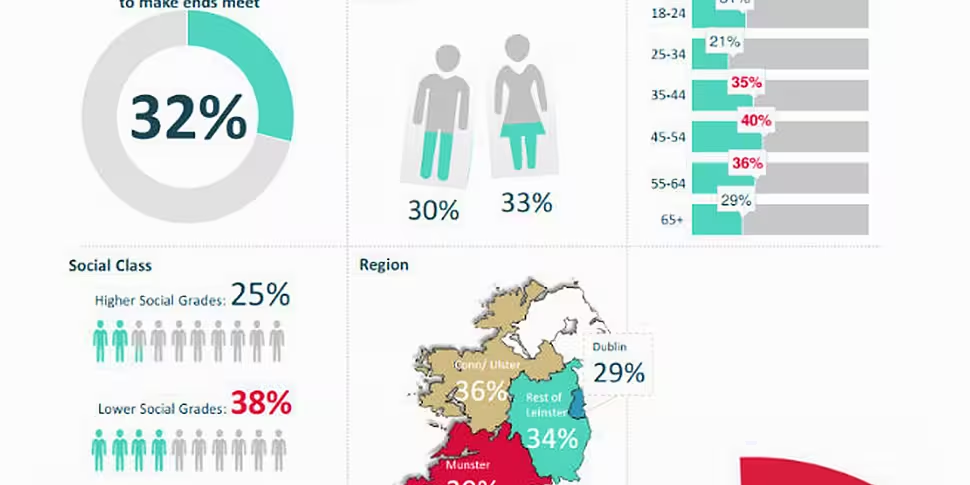As part of the International Monetary Fund's (IMF) parting comments at the end of its second post-bailout visit to Dublin, the multinational body raised some questions about the nature of the Irish economy's recent growth figures. The statement says: "There are significant uncertainties owing to the large contribution of offshore manufacturing to exports."
These sentiments were echoed by the Irish Fiscal Advisory Council's comments that contract manufacturing exports could have artificially inflated growth figures for the first half of 2014 by as much as 2.5 percent. The council's chairman, John McHale said that Ireland's GDP figures should be taken with, "more than the usual pinch of salt in terms of indicating as to where the economy is going."
The IMF statement also pointed out how exposed Ireland is to the negative effects of a slowing-down of the global economy, because we need healthy economies to trade with in order to increase our exports.
OECD
The global growth report published by the OECD today focused on the ongoing problems in the Eurozone. The section of the report dedicated to Ireland was generally positive, predicting that Ireland will experience strong growth over the next two years and that unemployment will continue to fall.
But it did also comment that the country needed more structural reforms, an increase in competition, greater focus on innovation, and to improve the relevance of vocational training schemes to meet the needs of the employment market.
The think-tank also warned that Ireland may have prematurely shifted its fiscal policy from austerity to more expansionary policies - the same concern was raised by both the IMF and the Irish Fiscal Advisory Council.
Feeling the growth
Red C also published a new consumer mood tracker report which found that most Irish people do believe that the economy is improving, but do not believe that their own personal circumstances are improving. 55 percent of the respondents said that the economy will improve in the next six months, but just 40 percent claim that the recovery has improved their personal financial situation. 32 percent report to still be struggling to make ends meet.









